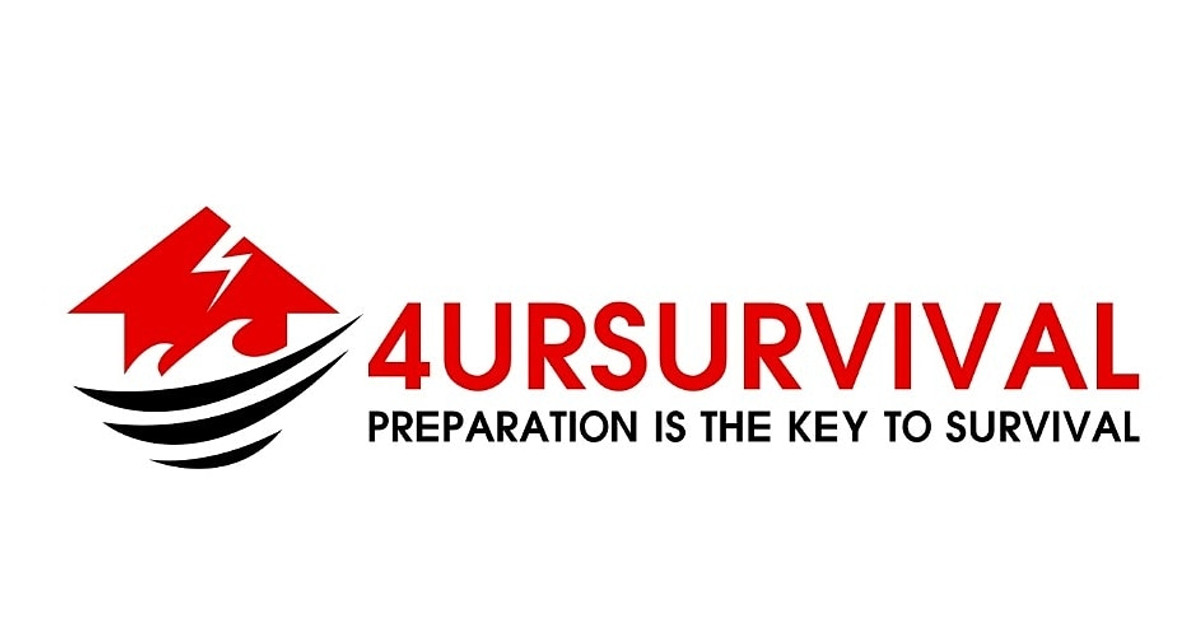COVID-19 and pregnancy considerations
Based on what we know at this time, pregnant people might be at increased risk for severe illness from COVID-19 compared to non-pregnant people. Additionally, there may be an increased risk of adverse pregnancy outcomes, such as preterm birth, among pregnant people with COVID-19.
Actions to take if you are pregnant
- Do not skip your prenatal care appointments.
- Limit your interactions with other people as much as possible.
- Take precautions to prevent getting COVID-19 when you do interact with others.
- Make sure that you have at least a 30-day supply of your medicines.
- Talk to your healthcare provider about how to stay healthy and take care of yourself during the COVID-19 pandemic.
- If you don’t have a healthcare provider, contact your nearest community health centerexternal icon or health department.
- Call your healthcare provider if you have any questions related to your health.
- Seek care immediately if you have a medical emergency.
- You may feel increased stress during this pandemic. Fear and anxiety can be overwhelming and cause strong emotions. Learn about stress and coping.
- Learn more about how to reduce your risk of getting COVID-19.
Vaccines during pregnancy
Although there is no vaccine available to protect against the virus that causes COVID-19, routine vaccines are an important part of protecting your health. Receiving some vaccines during pregnancy, such as the influenza (flu) and Tdap vaccines, can help protect you and your baby. If you are pregnant, you should continue to receive your recommended vaccines. Talk with your healthcare provider about visits for vaccines during pregnancy.
Prenatal and postpartum care
It is important to take care of yourself and your baby during pregnancy and after delivery.
Do not skip your prenatal care appointments or postpartum appointments. If you are concerned about attending your appointment due to COVID-19, talk to your healthcare provider.
- Ask your healthcare provider how they are taking steps to separate healthy patients from those who may be sick.
- Some healthcare providers might choose to cancel or postpone some visits. Others may switch certain appointments to telemedicine visits, which are appointments over the phone or video. These decisions will be based on the circumstances in your community as well as your individual care plan.
- Call your healthcare provider if you have an urgent medical question.
- In case of emergency, call 911 or go to your local emergency department. If you are not driving, call the emergency department on the way to explain that you are pregnant and have an emergency. They should have an infection prevention plan to protect you from getting COVID-19 if you need emergency care. Do not delay getting emergency care because of COVID-19.
Delivery locations during the COVID-19 pandemic
Delivering your baby is always safest under the supervision of trained healthcare professionals. If you have questions about the best place to deliver your baby, discuss them with your healthcare provider.
https://4ursurvival.com/mini-clean-desk-kit/
Cdc.org
Recent Posts
-
Hurricanes
Prepare for HurricanesKnow your Hurricane RiskHurricanes are not just a coastal problem. Find out ho …13th Sep 2021 -
Distress Signals
Distress Signals: What Distress Signals can you use?Help Flag - www.4ursurvival.comYou Will Need* A …30th Aug 2021 -
Get Ready for Disasters During National Preparedness Month
September is National Preparedness Month, the perfect time to get your household ready for an emerge …23rd Aug 2021


